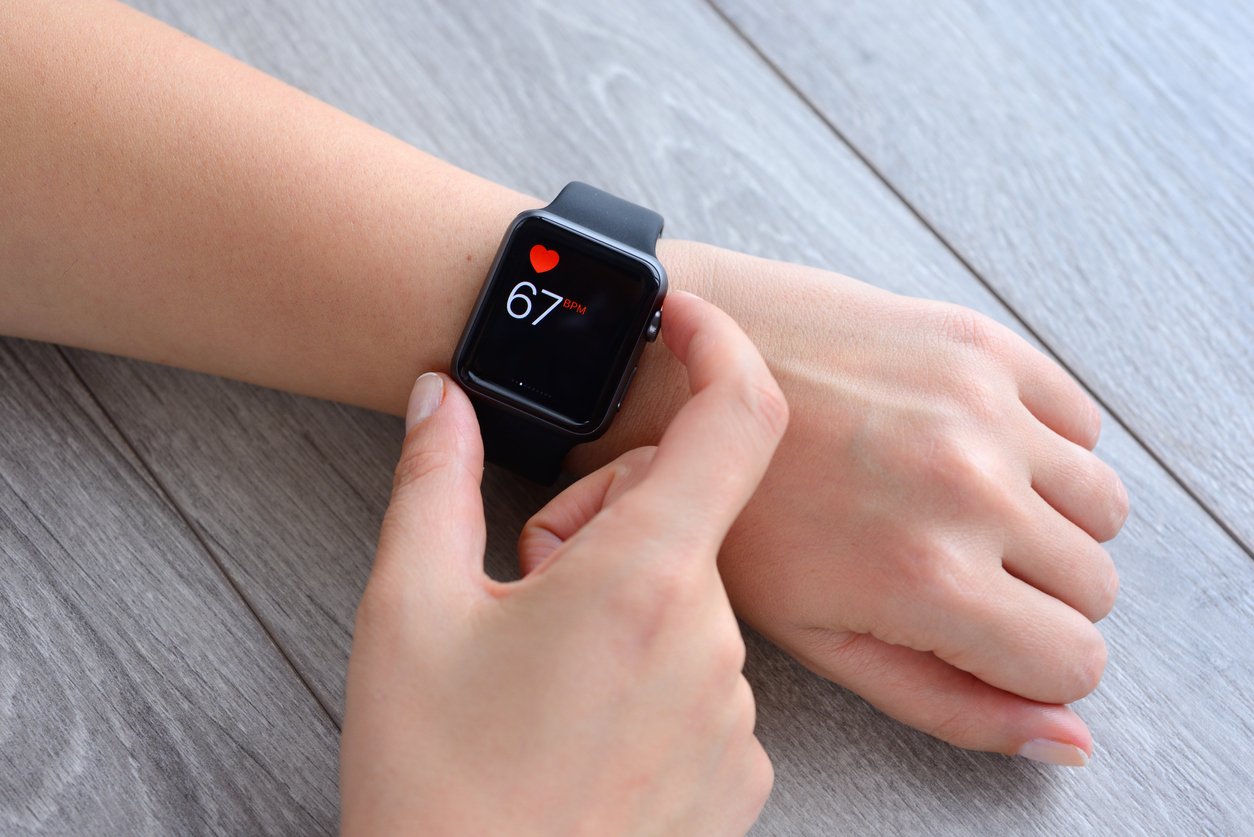
Johnson & Johnson is teaming up with Apple for an important telemedicine initiative. How will their innovative approach impact the future of clinical trials?
As healthcare organizations continue to focus on improving the patient experience, many CROs and sponsors are embracing the idea of telemedicine. Johnson & Johnson in particular has taken the lead by announcing a fully virtual clinical trial in collaboration with Apple. This trial, called HEARTLINE, has the objective of detecting atrial fibrillation (AFib) and helping patients manage the condition.
Johnson & Johnson’s announcement comes at a pivotal moment when clinical trials are facing increasing recruitment challenges. Traditional studies often struggle with enrollment – for instance, only about 5% of eligible cancer patients participate in research. Clinical trials also have trouble retaining patients, with dropout rates averaging around 30%. These factors can have serious consequences for CROs and sponsors, including drug development delays and rising costs.
HEARTLINE is attempting to bypass these obstacles by bringing their clinical trial directly to patients. Johnson & Johnson and Apple are part of an important vanguard working to increase trial enrollment and lower costs through the use of telemedicine. This new approach may offer a sustainable solution to recruitment challenges, and help clinical research succeed in an age of patient centricity.
The HEARTLINE Trial
Currently, 33 million people around the world live with AFib. AFib patients often suffer from heart failure and debilitating strokes. In the US alone, this condition causes 130,000 deaths and 750,000 hospitalizations each year.
HEARTLINE intends to study this condition with a pool of 150,000 at-risk Americans ages 65 and older. Virtual trial participants will be randomized to either receive an Apple Watch with a HEARTLINE app, or no watch at all. The watch will monitor patients’ heart rhythms for irregularities, and if the app’s reading suggests the possibility of AFib, patients will receive instructions to visit their physician.
According to John Whang, MD, FACC, Head of Cardiovascular and Metabolism Integrated Evidence at Janssen, and one of the architects of the trial, “We are hopeful events everyone agrees are meaningful (like stroke, heart attack, and death) will be reduced – that is central to JNJ’s mission, and that is also why we are doing this.”
The Future of Telemedicine
As one of the largest initiatives by a major sponsor to conduct a randomized virtual trial, HEARTLINE represents an important milestone in digital health. Johnson & Johnson’s collaboration with Apple is not only an achievement for cardiovascular research, but it may help normalize remote monitoring and wearable devices as well.
Emerging technologies like telemedicine are changing the way that people interact with clinical trials by placing the focus on the patient experience. Virtual studies have the potential to make clinical research more accessible to patients, and thus bring life-saving treatments to market more quickly.
For CROs and sponsors, virtual trials present opportunities to improve efficiency. These initiatives pair well with digital advertising, meaning that trials can reach a diverse audience of potential patients. After clicking on a search or social media ad, for example, patients could be directed to a simple e-screening platform. This streamlined digital process can help trials target people who are already searching for treatment, and then present them with the chance to enroll quickly and efficiently in a relevant study.




